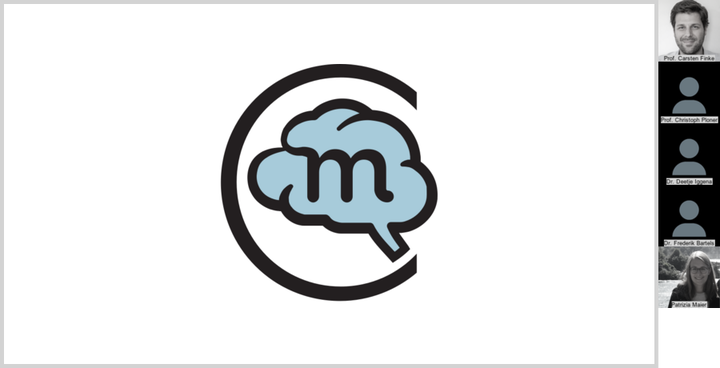B05: Spatial memory consolidation networks

The ability to navigate the environment is an indispensable prerequisite for adaptive behavior. In most behavioral contexts, recourse to spatial memory representations is required for successful navigation. These contexts can be as diverse as recalling the way to the bathroom in a dark hotel room, following a local’s directions to reach a tourist attraction or steering a refugee boat across the Mediterranean Sea. Previous research suggests that memory-guided navigation draws flexibly on multiple spatial representations that are supported by an extensive hippocampo−neocortical network. How the passage of time during consolidation affects representation of spatial memoranda within this network remains unclear. Studies in animals and humans further suggest that consolidation may not only render memory less susceptible to interference, but may also transform spatial representations directly. Our project investigates the dynamics of spatial memory network consolidation with an approach that integrates clinical and cognitive neuroscience. Our central hypothesis is that the changing role of hippocampal and neocortical network nodes across time not only reflects increasing resilience to interference, but also a significant interaction between time and type of spatial memoranda. We will create behavioral conditions, in which recruitment of observer-dependent (egocentric) and observer-independent (allocentric) spatial representations and memory delays are systematically manipulated. In four work packages (WPs), we will combine behavioral testing in virtual environments with patient studies and functional MRI. We will investigate healthy controls and three complimentary clinical models of transient and permanent hippocampal dysfunction to disentangle hippocampal and neocortical contributions to consolidation of spatial representations. In WP1, we will study the effects of consolidation on network activation in healthy humans. In WP2, we will study the effects of transient global amnesia on encoding and early consolidation of spatial memories. In WP3, we will study the effects GABA-ergic drugs on early consolidation during general anesthesia. In WP4, we will study the effect of surgical resections of the hippocampus on the long-term consolidation and retrieval of spatial memoranda learned at different times preoperatively. Across WPs, it is asked how consolidation of spatial information changes the probability of representing spatial relationships relative to a subject’s body coordinates. We hypothesize that this factor critically determines hippocampo-neocortical interplay during consolidation.
SFB1315 member can access the latest unpublished results for this project on the its smartfigure gallery: